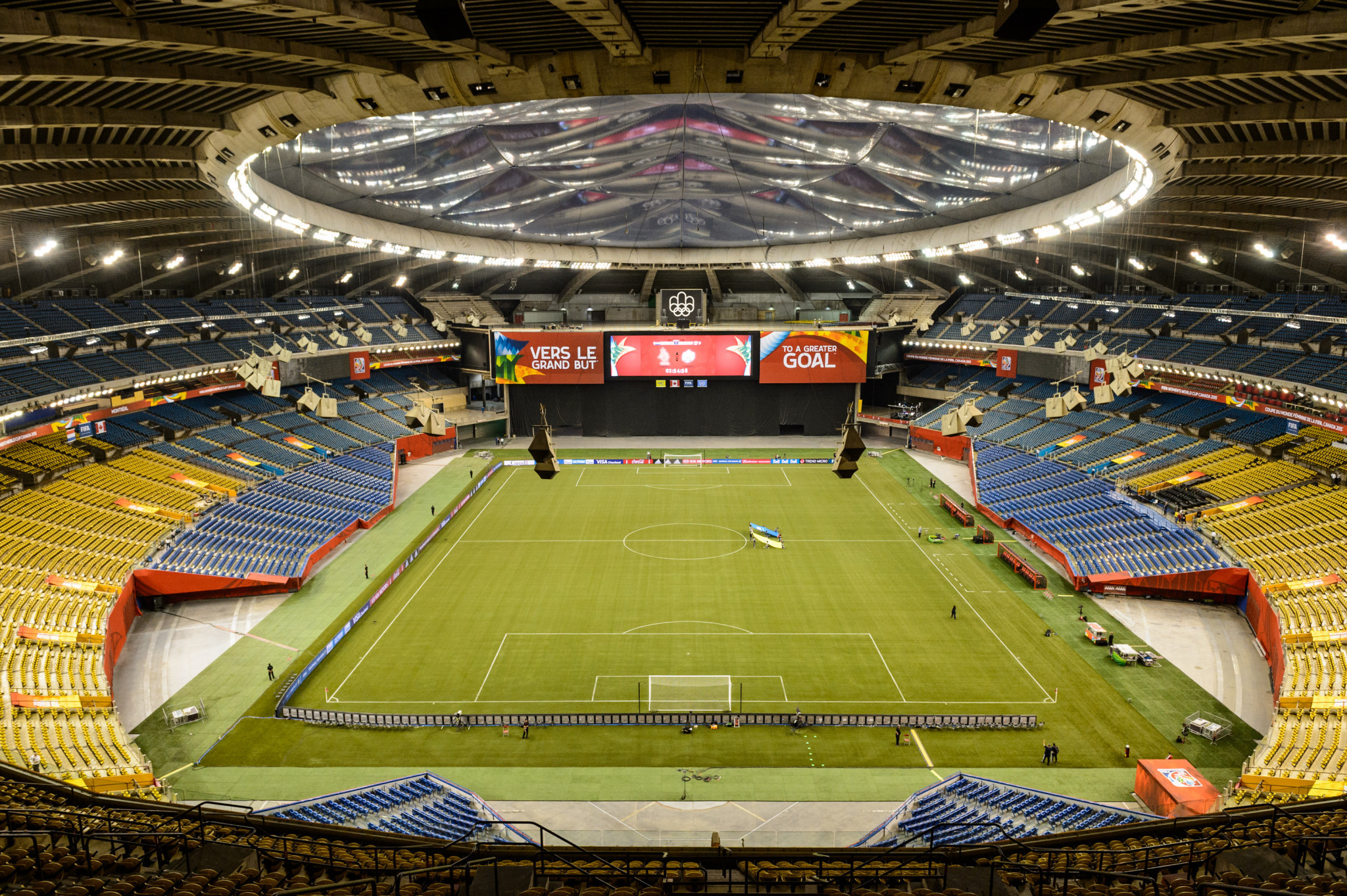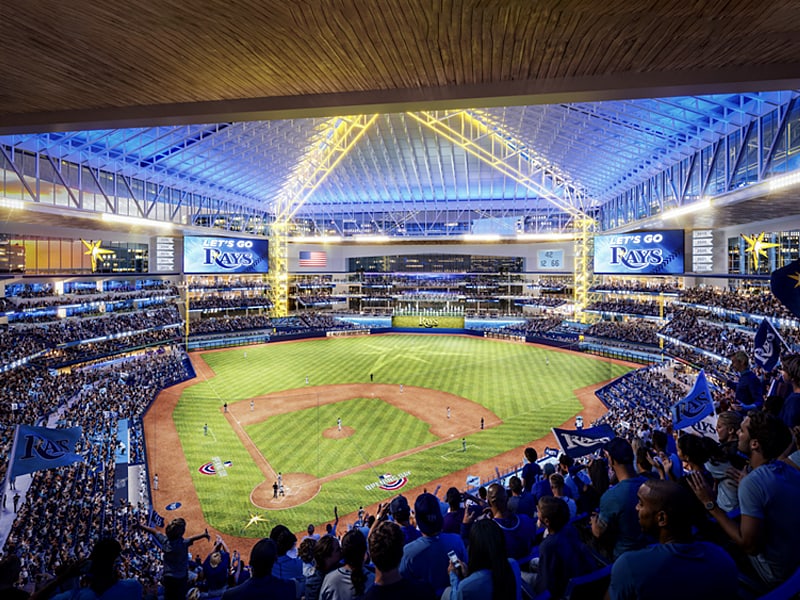Welcome, football enthusiasts! The FIFA World Cup 2026 is just around the corner, and anticipation is building as we prepare to witness the world’s greatest sporting event. One of the most intriguing aspects of every World Cup is the selection of host cities, known as “sedes” in the football world. These sedes play a crucial role in the tournament, showcasing their unique culture, history, and passion for the beautiful game. Join us on a virtual journey as we explore the diverse and captivating host cities of the FIFA World Cup 2026. Get ready to immerse yourself in the excitement and charm of these iconic locations that will set the stage for football history!
Introduction to the FIFA World Cup 2026
The FIFA World Cup 2026, one of the most anticipated events in the sports world, will be hosted in multiple cities across North America. With the official host cities, also known as “sedes” in FIFA terminology, revealed, excitement is building for football fans worldwide.
Host Cities and Venues
The FIFA World Cup 2026 will feature matches in various iconic stadiums across the United States, Canada, and Mexico. These venues will not only showcase top-tier football but also offer a unique cultural experience for spectators.
- United States: Cities like New York, Los Angeles, and Miami are set to host games in state-of-the-art stadiums.
- Canada: Toronto, Vancouver, and Montreal will welcome teams and fans to their modern arenas.
- Mexico: Mexico City, Guadalajara, and Monterrey will provide a vibrant setting for football enthusiasts.
Organizational Updates
Preparations for the FIFA World Cup 2026 are in full swing, with organizing committees working tirelessly to ensure a seamless tournament. From logistics to security measures, every aspect is being carefully planned to deliver an unforgettable sporting spectacle.
The collaboration between the host countries highlights the unity and passion for football that transcends borders, making this edition of the World Cup truly special.

Significance of the Host Cities
Hosting the FIFA World Cup 2026 is a prestigious opportunity for the selected Host Cities. They play a crucial role in not just organizing matches but also showcasing the unique cultural heritage and passion for the sport.
Boost in Tourism
The influx of fans, media, and teams during the World Cup will significantly boost tourism in the host cities. It presents a chance for these cities to shine on a global stage.
Economic Impact
The economic impact of hosting such a major event is immense. It leads to infrastructure development, job creation, and increased revenue from tourism and local businesses.
Unveiling the Host Cities for the FIFA World Cup 2026
The FIFA World Cup 2026 will be hosted across various exciting cities, known as “sedes” in the soccer world. These cities have been carefully selected to showcase the best of what each country has to offer and provide an unforgettable experience for fans.
Exciting Host Cities:
Some of the revealed host cities for the FIFA World Cup 2026 include New York City, Los Angeles, Toronto, Mexico City, and Buenos Aires. Each city brings its unique flair and culture to the world stage of soccer.
Exploring these diverse cities will not only be a treat for soccer enthusiasts but also an opportunity to immerse in the local traditions, cuisine, and hospitality.
Experience the Soccer Fever:
Get ready to witness thrilling matches in state-of-the-art stadiums, surrounded by passionate fans from around the globe. The FIFA World Cup 2026 promises to be a celebration of talent, sportsmanship, and unity.
- Experience the intense rivalry on the pitch
- Enjoy the vibrant atmosphere in the stands
- Celebrate the love for the beautiful game
Key Features of Each Host City
Exploring the FIFA World Cup 2026 sedes, each host city offers unique features and attractions for both football enthusiasts and tourists alike.
New York City
A vibrant metropolis known for its iconic landmarks such as the Statue of Liberty and Central Park. The city that never sleeps offers a blend of culture, cuisine, and excitement.
Don’t miss the bustling Times Square at night, lit up with neon lights and the year 2026 World Cup fever.
Los Angeles
Home to Hollywood and beautiful beaches like Santa Monica, Los Angeles is a city where celebrities roam and entertainment thrives. Enjoy the sun, sand, and surf before catching a match.
- Explore the Walk of Fame
- Visit the Griffith Observatory
- Experience the legendary nightlife

Cultural Highlights and Attractions
When exploring the FIFA World Cup 2026 sedes, don’t miss out on the rich cultural highlights and attractions that each host city has to offer. From historical landmarks to vibrant neighborhoods, there is something for everyone to enjoy.
City Tours and Museums
Immerse yourself in the history and art of the host cities by taking guided city tours or visiting world-class museums such as the Museum of Modern Art in Los Angeles or the Smithsonian Institution in Washington D.C.
Exploring these cultural institutions will provide a deeper understanding of the host cities’ heritage and creative expressions.
Local Cuisine and Markets
Indulge in the diverse flavors of each host city by sampling local cuisine at renowned restaurants or strolling through bustling markets like the Seattle Pike Place Market.
From gourmet food trucks to fine dining establishments, each city offers a unique gastronomic experience that will tantalize your taste buds.
Festivals and Events
Experience the vibrant energy of the host cities by attending festive celebrations and cultural events such as the New Orleans Jazz Festival or the Toronto International Film Festival.
These gatherings showcase the local traditions, music, and arts that make each city a dynamic cultural hub.

Infrastructure and Preparations
As the **FIFA World Cup 2026** approaches, host cities are investing heavily in upgrading their **infrastructure** to ensure a successful tournament.
Stadium Renovations
Many **sedes** have begun renovating their existing stadiums to meet FIFA’s standards for World Cup matches. This includes improving seating capacity, VIP areas, and technology features.
The image below showcases the ongoing renovation work at one of the stadiums.
Transportation Upgrades
Host cities are enhancing their transportation systems to accommodate the influx of visitors during the tournament. Improvements in **public transportation**, roads, and airports are key focus areas.
- Expansion of metro lines
- Construction of new bus lanes
- Upgradation of airport facilities
Economic Impact of Hosting the FIFA World Cup
Hosting the FIFA World Cup can have a significant economic impact on the host cities and countries. With millions of spectators attending matches, there is a massive influx of tourism revenue boosting the local economy.
Increased Tourism Revenue
The FIFA World Cup attracts fans from all over the globe, leading to a surge in tourism. This surge results in increased demand for accommodations, food, transportation, and entertainment, benefiting local businesses and creating job opportunities.
Hosting the event not only brings short-term financial gains but also leaves a lasting impact on the tourism sector, with many visitors returning to the host country in the future.
Infrastructure Development
Hosting the FIFA World Cup often necessitates significant investments in infrastructure, including the construction or renovation of stadiums, transportation systems, and hotels.
These investments not only improve the host city’s infrastructure but also contribute to its long-term development, making it more attractive for future investments and sustainable growth.
Support and Expectations from Fans
As the FIFA World Cup 2026 sedes have been announced, the excitement among fans is palpable. Expectations are high, and fans are eagerly anticipating an unforgettable tournament experience.
Fan Engagement
Engaging with fans is crucial for the success of the FIFA World Cup. Organizers are focusing on creating a welcoming atmosphere for fans from around the world, ensuring a memorable and inclusive experience for all attendees.
Fan enthusiasm is a driving force behind the success of any sporting event, and the FIFA World Cup 2026 is no exception.
Support for Host Cities
Host cities play a vital role in the success of the FIFA World Cup. The community support and infrastructure of each host city set the stage for a successful tournament.
- Local businesses are gearing up to welcome visitors and contribute to the festive atmosphere.
- Social media campaigns are helping to build excitement and promote tourism in each host city.
Sustainability Efforts in Host Cities
In preparation for the FIFA World Cup 2026, host cities have been prioritizing sustainability efforts to minimize environmental impact and promote eco-friendly practices.
Renewable Energy Implementation
Host cities are integrating renewable energy sources such as solar and wind power to reduce reliance on fossil fuels and lower carbon emissions. This will help in creating a greener world for future generations.
Waste Management Programs
Efficient waste management systems have been established to encourage recycling, composting, and proper disposal of waste materials. These initiatives aim to reduce landfill waste and promote a circular economy.
- Separate bins for recycling
- Composting facilities
- Public awareness campaigns
Innovations and Technologies for the Event
As the world gears up for the FIFA World Cup 2026, the sedes are set to showcase groundbreaking innovations and cutting-edge technologies to enhance the overall event experience.
Virtual Reality Experiences
Immersive virtual reality technologies will offer fans the opportunity to experience matches as if they were right on the field.
Smart Stadium Solutions
Stadiums equipped with smart technologies will provide enhanced security, convenience, and comfort for spectators.
- Smart ticketing systems for seamless entry.
- Interactive stadium maps for easy navigation.
Frequently Asked Questions
-
- Which cities have been selected as host cities for the FIFA World Cup 2026?
- The host cities for the FIFA World Cup 2026 have not been officially announced yet. Stay tuned for updates!
-
- When will the host cities for the FIFA World Cup 2026 be revealed?
- The host cities for the FIFA World Cup 2026 are expected to be revealed closer to the event. Keep an eye out for the official announcement!
-
- How are host cities selected for the FIFA World Cup?
- Host cities for the FIFA World Cup are selected based on various criteria such as infrastructure, facilities, accommodation, and support from the local government among other factors.
-
- Will my city be a host city for the FIFA World Cup 2026?
- The selection of host cities for the FIFA World Cup 2026 is a thorough process. Your city may or may not be chosen as a host city, depending on the FIFA’s criteria and selection process.
-
- How many host cities are usually selected for the FIFA World Cup?
- The number of host cities chosen for the FIFA World Cup may vary, but typically around 10-12 cities are selected to host matches during the tournament.
Exploring the FIFA World Cup 2026 “Sedes”: A World of Excitement Awaits!
As we conclude our journey through the FIFA World Cup 2026 host cities, one thing is clear – the anticipation and excitement for this prestigious event are palpable. From the vibrant streets of Los Angeles to the historic charm of Mexico City, each “sede” offers a unique blend of culture, history, and passion for the beautiful game.
Now armed with knowledge about the various sedes and their significance, fans can start envisioning the epic matches and unforgettable moments that will unfold across North America. The countdown to 2026 has truly begun, and the world is eagerly waiting to witness the magic of the FIFA World Cup in these iconic host cities.
Get ready to cheer for your favorite teams, immerse yourself in the electric atmosphere, and be part of a sporting extravaganza like no other. The FIFA World Cup 2026 sedes promise an unforgettable experience for football enthusiasts worldwide!

